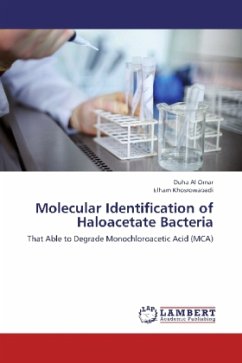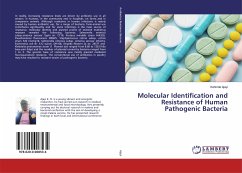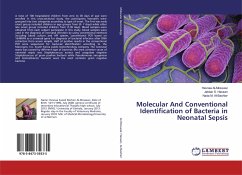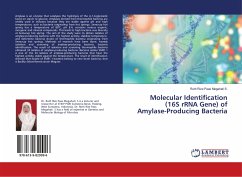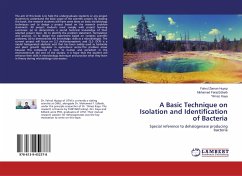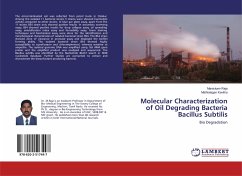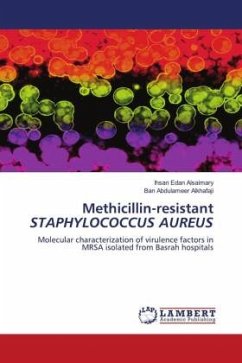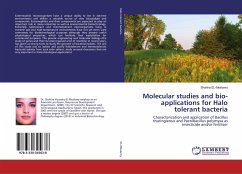Monochloroacetic acid (MCA) has been used widely as herbicide in agricultural industry. One of the best ways to turn this hazardous compound into nonhazardous compounds is by degradation of the toxic compound. Biodegradation is a natural process, where the degradation of a xenobiotic chemical or pesticide by organisms is primarily a strategy for their own survival. In this research, four different bacteria were isolated. Three isolated were from soil sample in UTM agricultural area while the fourth one was isolated from Philippine contaminated seaside area. The four strains were able to degrade monochloroacetic acid (MCA). All bacteria were tentatively identified using 16S rRNA analysis. Blast search in GenBank showed that these bacteria can be grouped into 3 distinct genera: Labrys, Arthrobacter and Enterobacter. Furthermore, all isolated bacteria were screened for haloacetate dehalogenase gene that able to degrade MCA by using haloacetate primers.
Bitte wählen Sie Ihr Anliegen aus.
Rechnungen
Retourenschein anfordern
Bestellstatus
Storno

